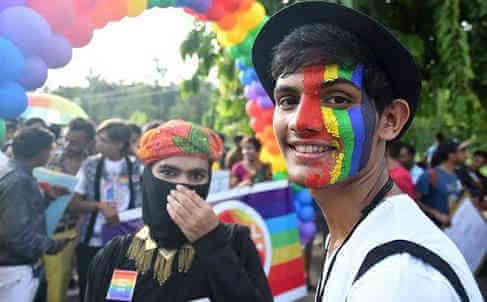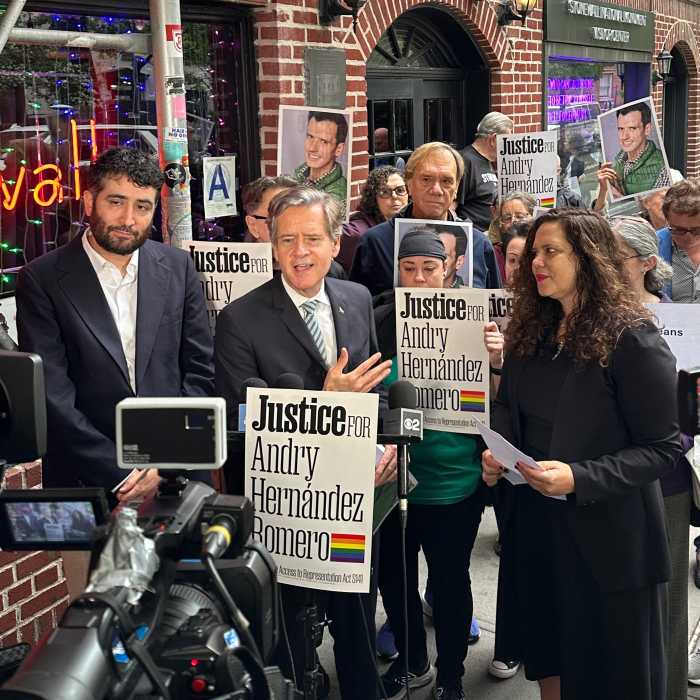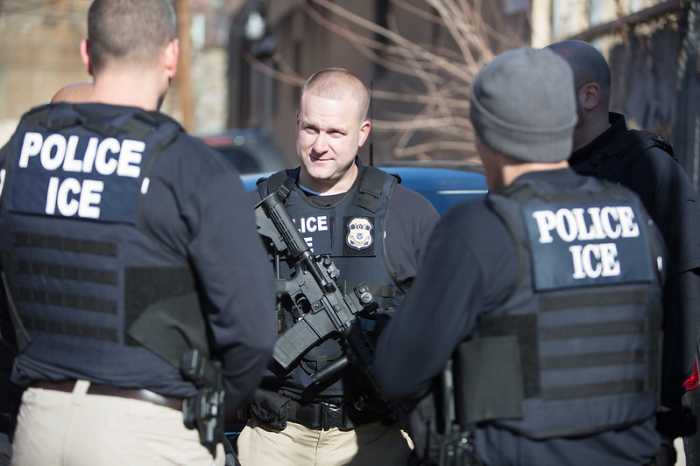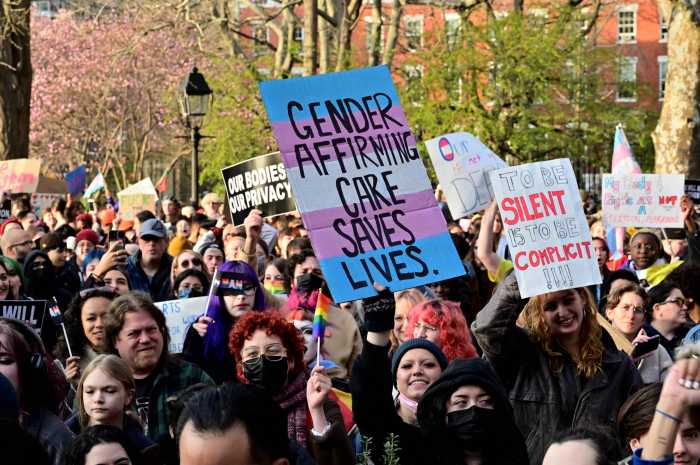Thousands of people marched through the streets of Delhi on November 25 in the first Pride Parade there since India decriminalized homosexuality in September.
People in India had previously faced as many as 10 years in prison for homosexual acts, and many parade-goers expressed themselves freely in public for the first time since a centuries-old sodomy law, enacted during British colonial rule, was repealed.
According to The Straits Times, Rainbow Flags waved in the crowd and signs read “Love wins” and “Adios 377,” referring to the repealed “unnatural sex” portion of Section 377 of the penal code. The crowd at the Pride celebration was the largest since 2007.
The Supreme Court’s ruling marked the second time the law was repealed — it was previously wiped out in 2009, only to be reinstated in 2013.
The origin of the legal fight against Section 377 has ties to the battle against HIV/ AIDS. AIDS Bhedbhav Virodhi Andolan (ABVA), an advocacy organization for people with HIV/ AIDS in India, released a document in 1991 recommending that the government repeal Section 377, arguing that the stigmatization of gay people impeded efforts to contain the epidemic. ABVA returned three years later and filed a petition in the Delhi High Court to demand that Section 377 be deemed unconstitutional, but that petition was dismissed.
In 2001, the Naz Foundation, also an AIDS group, mounted a constitutional challenge to Section 377 by filing public interest litigation, but that also was dismissed.
In the lead-up to the 2018 ruling, gay rights advocates felt the momentum shifting in their favor when India’s Supreme Court last year ruled in favor of privacy rights, thus making sexual orientation an “essential attribute of privacy.”
Although further progress for the LGBTQ community there could take years to come to fruition, the ruling is seen as a major step forward given that large swaths of India remain socially conservative strongholds.
The September ruling holds significance on an international level considering that India is the second-most populous country, accounting for 16 percent of the world’s people.



































